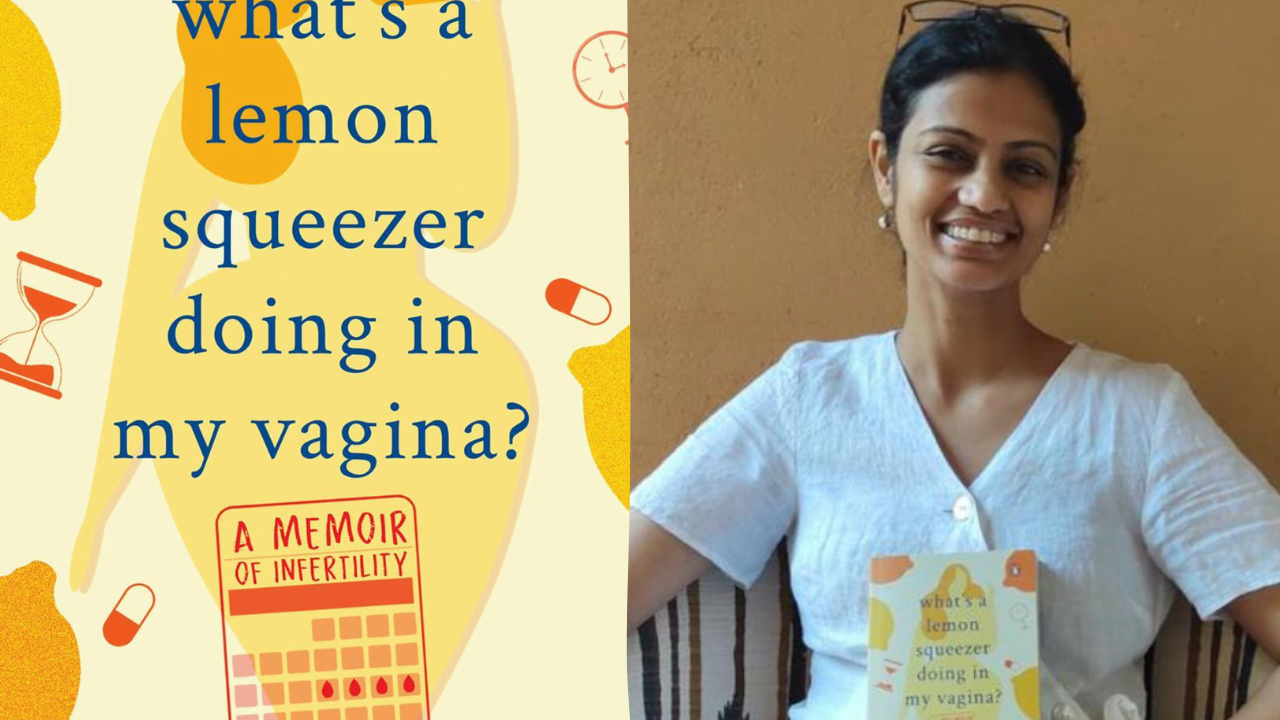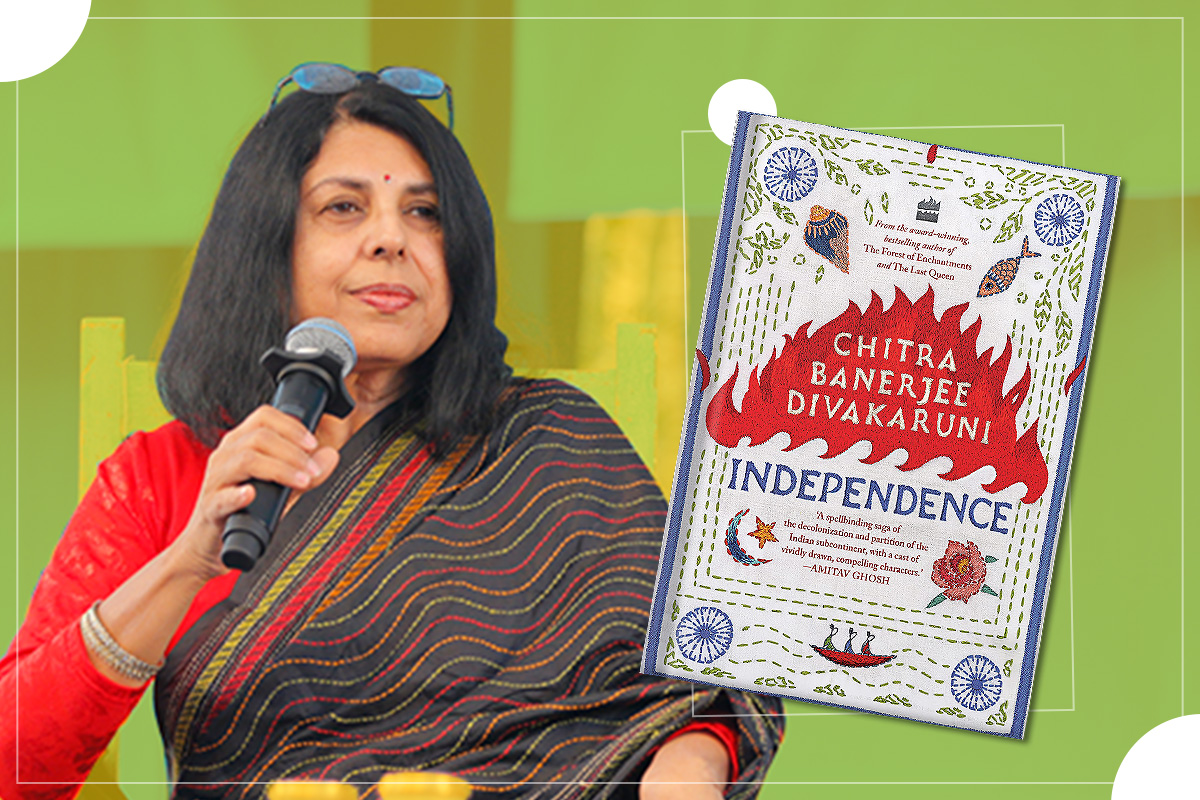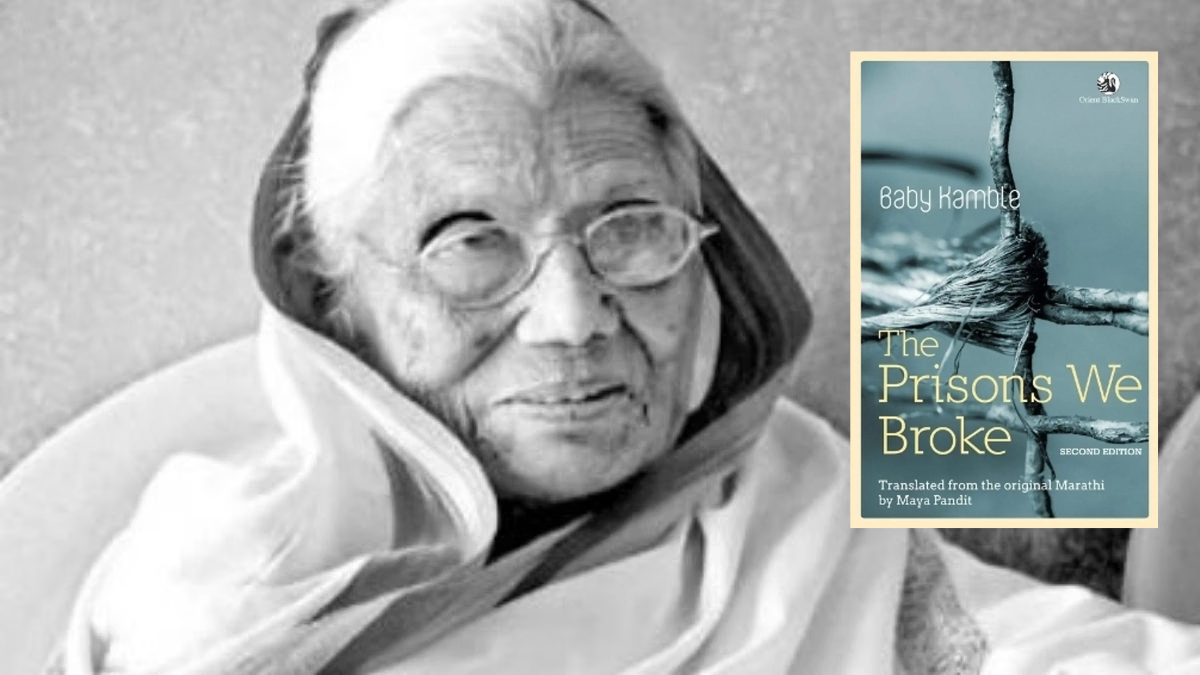Couplet 62 of Thiruvalluvar’s Thirukkural:
Those who children rear
The mesh of rebirth will spare
Couplet 66 of Thiruvalluvar’s Thirukkural:
The flute can please, the harp appeal to those and only those
Translated from the original in Tamil by Sri Gopalkrishna Gandhi
Who haven’t heard their infant’s lisp in which the sweetest music
flows
The steps in a ‘normal’ life are getting an education, setting out on one’s chosen career, getting married to a suitable partner, and then becoming a parent. Choosing to delay parenthood is considered wise, and is even recommended, for the first few of years after marriage, but after that, the pressure is on.
If a woman is nearing 30, then there is this Damocles’ sword of the biological clock ticking, as if at some given point in the future, this clock will abruptly stop clicking if you don’t pay attention to it. By the fourth or fifth year of marriage, if there is no child in the horizon, then that seems to be enough reason for something that should be so private to become a common topic of discussion at family gatherings. There is always a suspicion that one of the partners is somehow lacking in what is required. If a test actually shows that there is an abnormality, then the guilt that the individual goes through is amplified substantially by the reactions of the family.
Infertility reportedly affects up to 15% of reproductive-aged couples worldwide. According to WHO estimates, the overall prevalence of primary infertility in India is between 3.9 to 16.8%. Infertility affects even the well-adjusted couple, who till the day they started planning a child, may have been perfectly happy together. Perumal Murugan’s novel Madhorubhagan (One Part Woman) deals with how a family and society’s obsession with childlessness estranges a loving couple and breaks up their happy marriage.
The lemon-squeezer in the title of the book is a reference to the appearance of the speculum which is inserted into the vagina as part of the IVF procedure.
It is not easy to write about the sheer helplessness of infertility, the heartbreak that one goes through as the periods arrive yet again to dash all hopes of pregnancy, the subtle, and then after a while, the not-so-subtle comments about one’s childlessness from friends, strangers and even well-meaning family members. Rohini S Rajagopal’s cleverly titled book ‘What is a lemon-squeezer doing in my vagina?’ manages to handle this very difficult task with great skill and courage. The lemon-squeezer in the title is a reference to the appearance of the speculum which is inserted into the vagina as part of the IVF procedure.
Writing the story of her attempts to become a mother with honesty, Rohini conveys her grief and anguish but never does she invoke pity for the circumstances she finds herself in. She is in control of the situation, even when matters are not really in her hands. Just when you wonder why Rohini is putting herself through these procedures, she also makes you realise that she is just one of thousands of women who are willingly (and unfortunately sometimes unwillingly) going through these processes, all in the hope of becoming mothers.
Also read: How Incumbent Structures Take Women’s Sexual & Reproductive Agency For Granted
All too often, Rohini shows that she is only human, whether at the pang of jealousy on hearing about her sister-in-law’s pregnancy or the irritation with her husband when she feels he is not as invested in the entire process. Interspersed seamlessly within the story of her infertility and attempts at pregnancy are vignettes of her personal life. Here again, there is no attempt to glorify or denigrate any experience. The feeling one gets is of complete honest outpouring, as if the author is saying, ‘This is what I truly am’. By the end of the book, you can’t help but like and admire Rohini the person.
One can only be glad that Rohini finally shed her convictions of ‘defectiveness’ and other such misgivings, and started ‘owning the biggest story of her life’. From the first line of this slickly written, efficiently edited book, we are hooked as co-passengers in this journey of Rohini’s. Thanks to her introduction, the reader knows that the journey ends happily, but the trials and tribulations on the path to ‘fulfilment as a mother’ are many, and Rohini skilfully takes us along on every ‘up’ and ‘down’ of this rollercoaster ride.
At the end of the book, one can’t help but admire the persistence, courage and will-power of every woman who goes through this physically and mentally taxing process, even while knowing that there is a strong possibility of failure.
At the end of the book, one can’t help but admire the persistence, courage and will-power of every woman who goes through this physically and mentally taxing process—I will not call it ‘treatment’—even while knowing that there is a strong possibility of failure.
While this book is eminently readable, and throws light on the emotional and physical trauma undergone by aspiring parents, there is a flip side to the entire process of medically trying to induce pregnancy. Dr Anupama, a gynaecologist, feels strongly about the issue.
“India is a fertile country and our population speaks for it. I honestly don’t think we need to invest so much emotion, time or money in ‘treatment’ of infertility, which is made out to be an illness or ailment. The social and emotional implications of infertility should have reduced with women getting more educated and independent but it is disappointing that it hasn’t happened. On the other hand, from Rohini’s book and my personal experience, being able to ‘afford the treatment’ itself seems to be an indication to get treated.”
She continues, “One gets the impression, from Rohini’s honest writing, that ‘failure’ (even reproductive) is unacceptable to this competitive generation. That is a worrying trend. I don’t deny that an infertility couple can try simple methods of overcoming the situation and if they don’t work, accept it and consider adoption (child or a pet). Putting oneself through those strong hormonal injections and playing around with one’s biology for begetting children, doesn’t seem acceptable to me. I went through extensive training in artificial reproductive techniques (ART) and chose NOT to pursue that branch. One has to understand that there is something quite wrong with the hormonal/reproductive systems when a couple fails to get pregnant. For the same reasons, the risk of abortions and abnormal pregnancies is significantly higher in these couples. Is it worth all that?“
Also read: Infertility Is Not A Medical Condition If You Don’t Want Children
This is a question that can be answered only by the individuals who are opting to go through the procedures involved, knowing the emotional and financial implications fully. Rohini’s book is a must-read for aspiring parents, who have not been able to conceive naturally. A complete understanding of the process would surely help them to make up their minds either way, and prepare them for the path ahead.
Sandhya worked in the IT and development sector for many years, based in Kolkata and Guntur. She now has a non-profit called Sakshara that aims to provide literacy and other skills to adults. She lives in Bangalore and writes, quilts, crochets, knits and reads….while listening. Follow her blog and on Twitter.





Very nicely written Sandhya👍👍. Brings in a desire to read the book. Will buy myself one now.